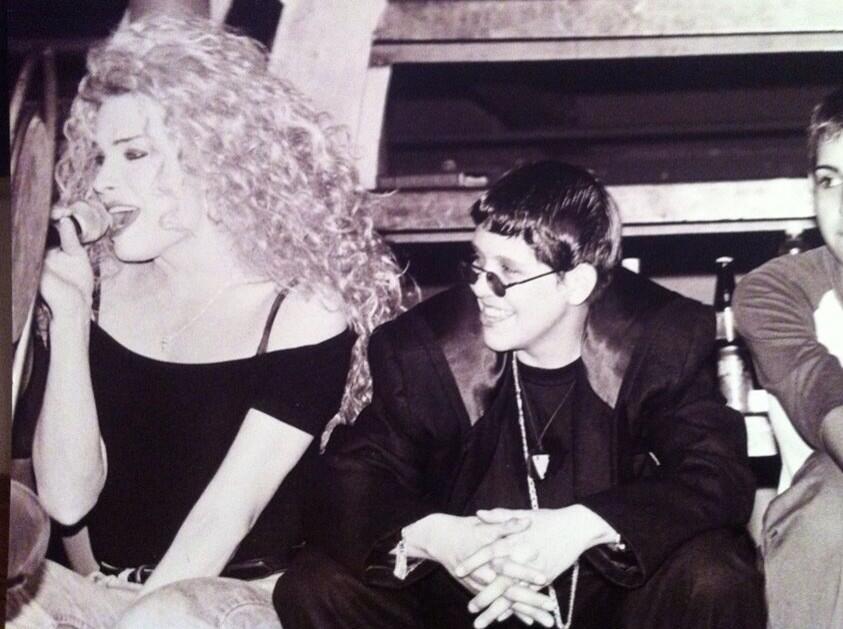I was fifteen, broke, and covered in glue from wheat-pasting flyers on telephone poles off Whittier Boulevard. I wasn’t supposed to be out that late. I definitely wasn’t supposed to be driving. And I damn sure wasn’t old enough to get into The Arena but that didn’t matter. Because Irene was already in the car with me.
Not literally — but through those bootleg mixtapes that passed hands like sacred relics at school, gas stations, and backyard parties. Hard House Diva. Global House Diva. Live at Arena. If you were part of that scene, you know what I’m talking about. Those CDs didn’t leave my deck. DJ Irene wasn’t just another DJ — she was a force. Her sound didn’t ask for permission. It kicked the door down.
In the late ‘90s and early 2000s, LA’s party culture wasn’t about velvet ropes and sponsored stages. It was backyard parties in Montebello, warehouses in Vernon, church lots in East LA. We called them flier parties — and that’s how we lived. Street promotion was the hustle. I was part of that world — a kid with a staple gun and a stack of glossy flyers. Irene’s name was always the stamp that guaranteed heat.
The truth? I couldn’t even get into her shows back then. Too young. But I didn’t need to get in. Because her music was everywhere. In the cars. In the garages. On the streets. She wasn’t just spinning for clubs — she was spinning for the city.
Years later, I’d grown up — kinda. I was in my mid-20s now, running my own events, printing my own flyers, booking my own lineups. And then it happened:
I had the honor of booking one of my heroes — DJ Irene — to headline one of my shows. On her birthday, no less.
That wasn’t just business. That was personal. That was the flier kid, who used to sit in his car listening to her bootlegs, now watching her take the stage — on his stage. I’ll never forget that night. That was bigger than a gig. That was respect, gratitude, and a dream coming full circle.
DJ Irene didn’t come up through festival lineups or algorithm charts. She earned her name in sweat, mixtapes, and the raw energy of LA’s underground. She brought house music to the streets, to the backyard turn-ups, to the kids who needed something to believe in.
She wasn’t just a club DJ — she was the soundtrack to a thousand street adventures.
And while her identity as a Latina and LGBTQ artist meant a lot to many who needed representation, for me as a promoter, a fan, and just a street kid trying to make something out of nothing she was proof that you could make noise, and that you didn’t need to ask permission to own the room.
Irene, if you ever read this — thank you.
For the music. For the memories. For inspiring a generation of promoters, DJs, and dreamers who came up on basslines and bootlegs. You gave us something real — and for that, you’ll always be more than a DJ. You’ll be legend.






































